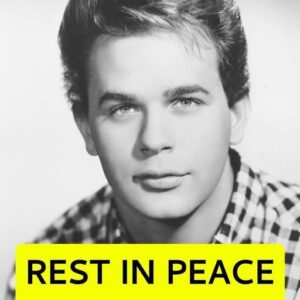For decades, the Miliado family’s three-acre property in Salisbury, Adelaide, stood as a green holdout amid a rapidly growing suburb. Purchased in the 1950s,
the land was once surrounded by open space. Over time, modern homes sprang up, but the Miliados honored their late parents’ wishes and refused to sell.
The modest 1955-built three-bedroom home and large shed remained untouched, offering a rare glimpse
into mid-century life. Their commitment became a local symbol of heritage and quiet defiance.
However, after their parents passed, emotional strain and financial pressures led the family to finally list the property.
Despite an initial AUD 3.6 million estimate, bidding soared past AUD 6 million during a heated auction with 20 developers vying for the land.
Though the sale brought financial relief, it also marked the end of an era. Agent Tom Hector
described the family’s struggle, noting it was never their parents’ wish to sell.
Located near schools and shops, the land is now eyed for residential development, poised to become a modern community hub.
The Miliado story reflects the deeper conflict between preserving family heritage and
making way for urban expansion—a choice many face as cities continue to grow.





